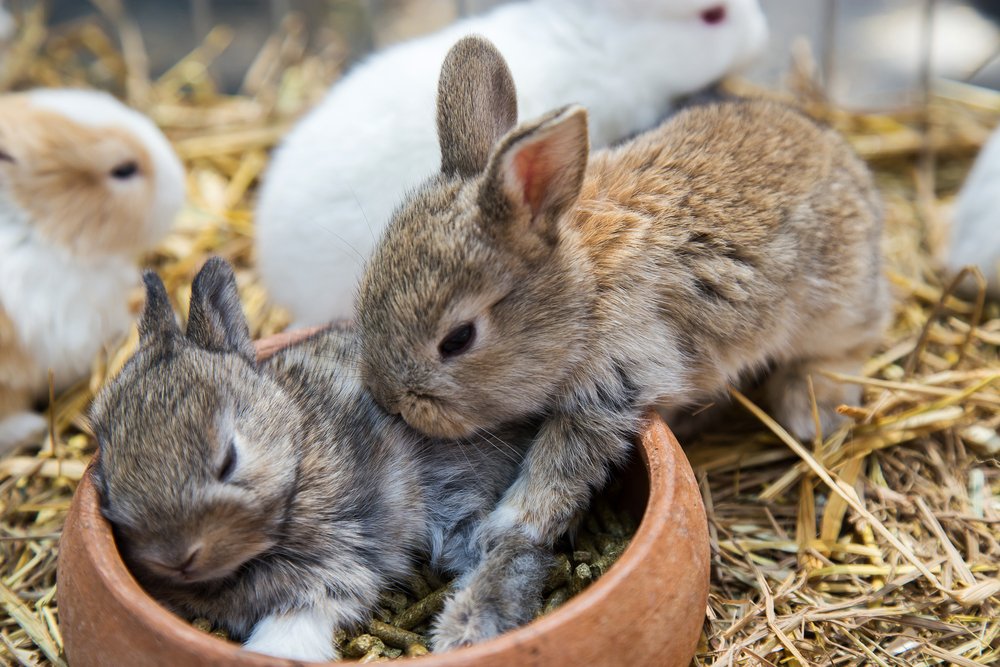Bats are often thought to be “flying mice” that are highly aggressive and will attack people. This couldn’t be further from the truth. Bats belong to an entirely different order than rodents and are actually quite shy. They typically feed on insects, including mosquitoes, and are a natural pest control, consuming thousands of insects in a single night. Bats are generally uninterested in humans and avoid contact whenever possible. In fact, bats are vital for pollination and seed dispersal, helping to sustain local plant life. Creating bat-friendly spaces, like bat boxes, can even help reduce insect populations naturally without any danger to people.
Another misconception involves raccoons, often seen rummaging through bins or foraging in backyards, leading to the belief that they are purely “urban pests.” However, raccoons are highly adaptable animals that thrive in both urban and natural environments. While they may be attracted to accessible food in urban settings, they also forage in woodlands, feeding on fruits, nuts, insects, and small animals. Raccoons play an important role in the ecosystem as both predator and prey, helping to control populations of smaller animals and insects. By securing trash bins and avoiding feeding raccoons, homeowners can discourage their presence while appreciating their role in the environment.
Lastly, the myth that hedgehogs are only found in the countryside persists, despite their frequent presence in suburban gardens. Hedgehogs are adept at navigating gardens, parks, and even urban areas where they forage for insects, worms, and other small invertebrates. Many people are surprised to learn that creating hedgehog-friendly gardens with natural shelters and safe passageways encourages these animals to thrive, especially as their natural habitats are increasingly affected by human activity. In reality, hedgehogs are not harmful or disruptive and can even help keep pest populations down in gardens.
Understanding the truth behind these myths helps to create a more compassionate and informed approach to local mammals. Whether it’s providing safe spaces in gardens, securing waste to avoid attracting scavengers, or simply giving animals the space they need, respecting these creatures supports both their wellbeing and the balance of the local ecosystem. Through myth-busting, we can all play a role in fostering a healthier coexistence with the wildlife around us.


